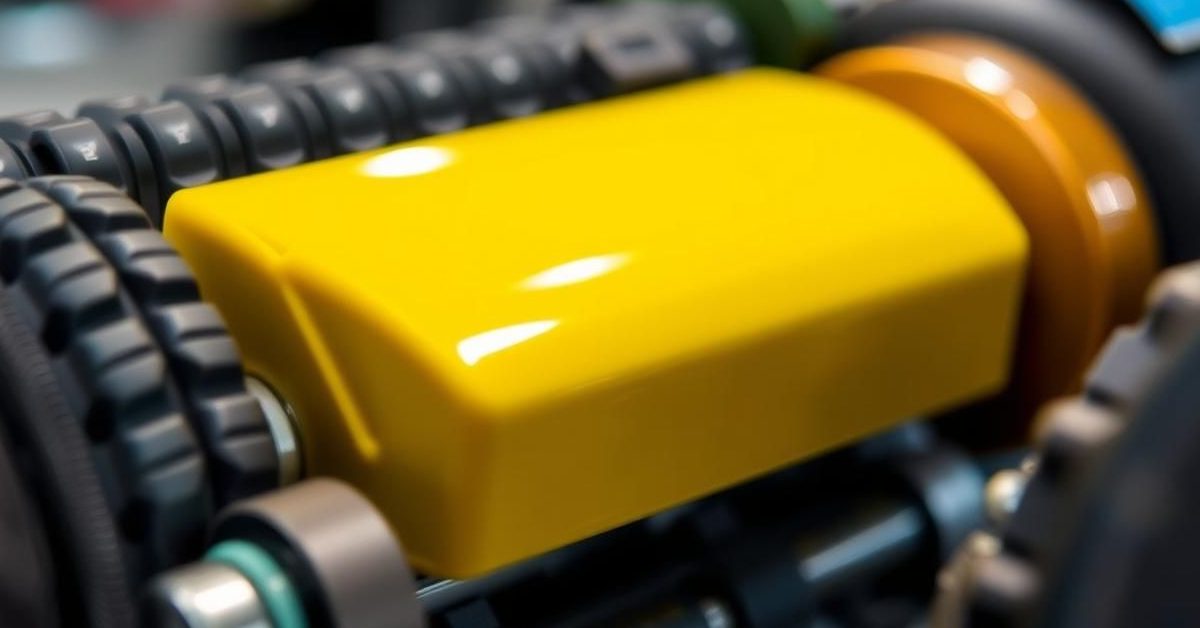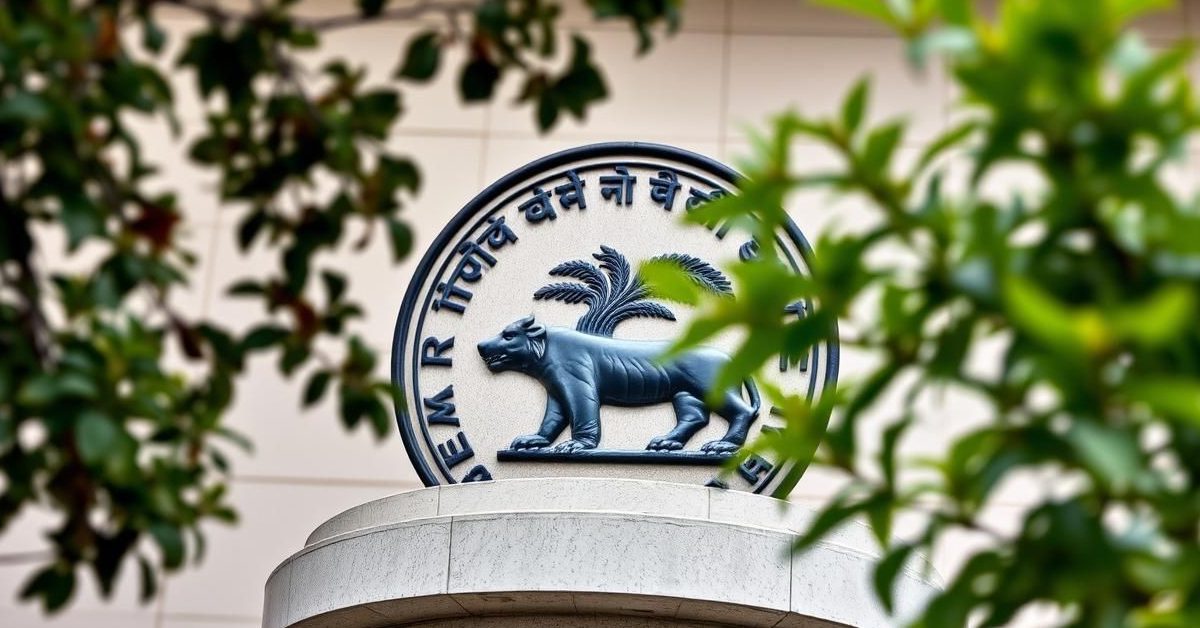India’s auto component industry is facing significant uncertainty regarding the import of crucial rare earth magnets from China, a situation that could impact the growing electric vehicle sector.
A Major Roadblock: Rare Earth Magnets
The Indian auto component sector is currently in a bind. Industry representatives revealed on Tuesday that there’s “no visibility” on when they’ll be able to resume importing rare earth magnets from China.
These magnets are vital components, especially for traction motors used in electric vehicles (EVs). Since April, China has reportedly halted their export globally, including to India.
While no formal shortages have been reported yet, Vinnie Mehta, Director General of the Automotive Component Manufacturers Association (ACMA) of India, warned that existing inventories are not infinite. This suggests a potential crunch is on the horizon if the situation isn’t resolved soon.
Seeking Solutions: Government & Localisation
Addressing the issue, Shradha Suri Marwah, President of ACMA, stressed the need for government-to-government intervention to find a short-term resolution. This highlights the severity and diplomatic nature of the challenge.
Looking ahead, the industry is also exploring alternative solutions. Marwah pointed out that India possesses the raw materials needed for these magnets. The long-term goal is to acquire the necessary processing technology to become self-reliant.
Resilient Growth Amidst Challenges
Despite these headwinds, India’s auto component industry has shown remarkable growth. In the financial year 2024-25, the sector expanded by 9.6 percent, reaching a total value of $80.2 billion.
This growth is part of a larger trend, with the sector recording an impressive 14 percent compound annual growth rate (CAGR) since FY20. Both exports and imports reached five-year highs in FY25, showcasing strong trade activity.
The United States remains India’s primary export market for auto components, accounting for 27 percent of exports. On the import side, China leads with a 32 percent share, underscoring India’s reliance on Chinese components, including rare earth magnets.
Navigating Global Headwinds
Beyond the magnet issue, ACMA highlighted other significant geopolitical challenges impacting the industry’s outlook for FY26. These include fluctuating tariffs and rising freight costs.
Maritime trade disruptions, such as those in the Red Sea or at the Singapore port, are causing longer shipping times. What once took 10 days can now take 22, tying up cash flows and increasing operational pain for businesses.
The global trend towards localisation is increasing, reducing overall dependence on international trade. However, in the immediate term, these disruptions are proving costly for the industry.
- The Indian auto component industry lacks clarity on resuming rare earth magnet imports from China.
- Rare earth magnets are crucial for EV traction motors, and China halted their exports in April.
- ACMA calls for government intervention and aims for long-term domestic processing of these materials.
- Despite challenges, the sector grew by 9.6% to $80.2 billion in FY25.
- Geopolitical factors like trade tariffs and shipping disruptions are also key concerns for the industry.
The industry remains focused on navigating these complex global dynamics while pursuing long-term self-reliance in critical components.














